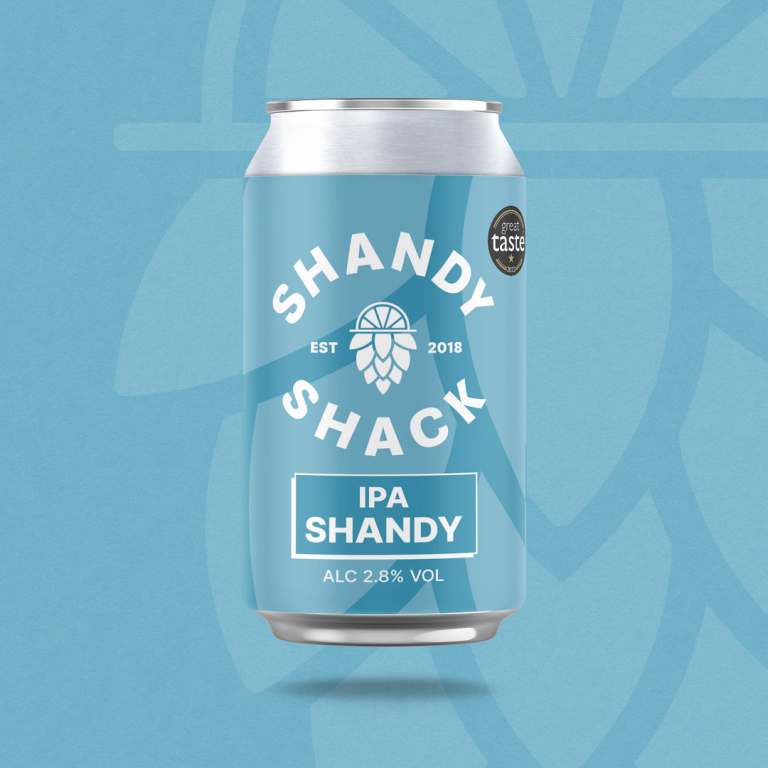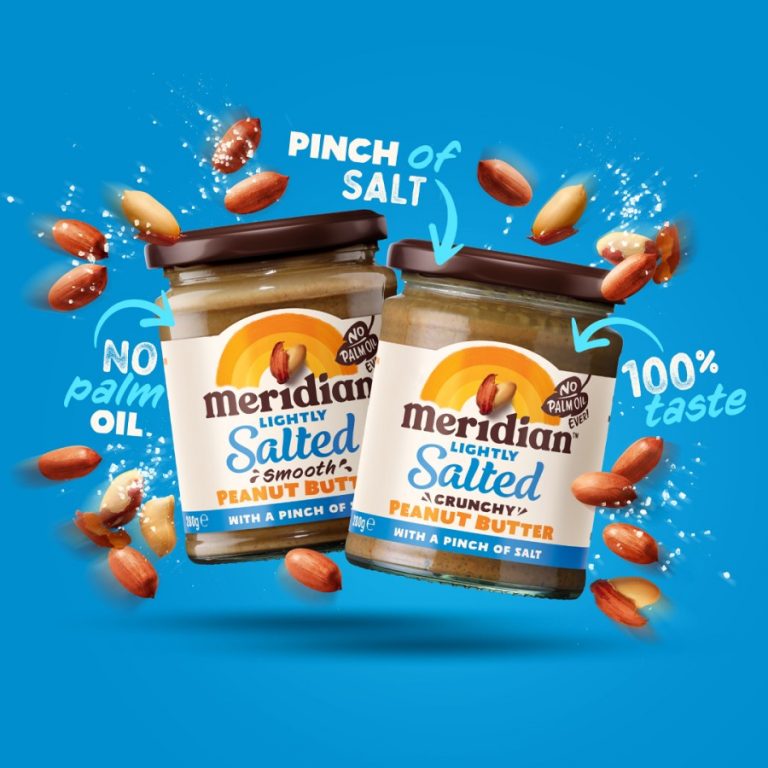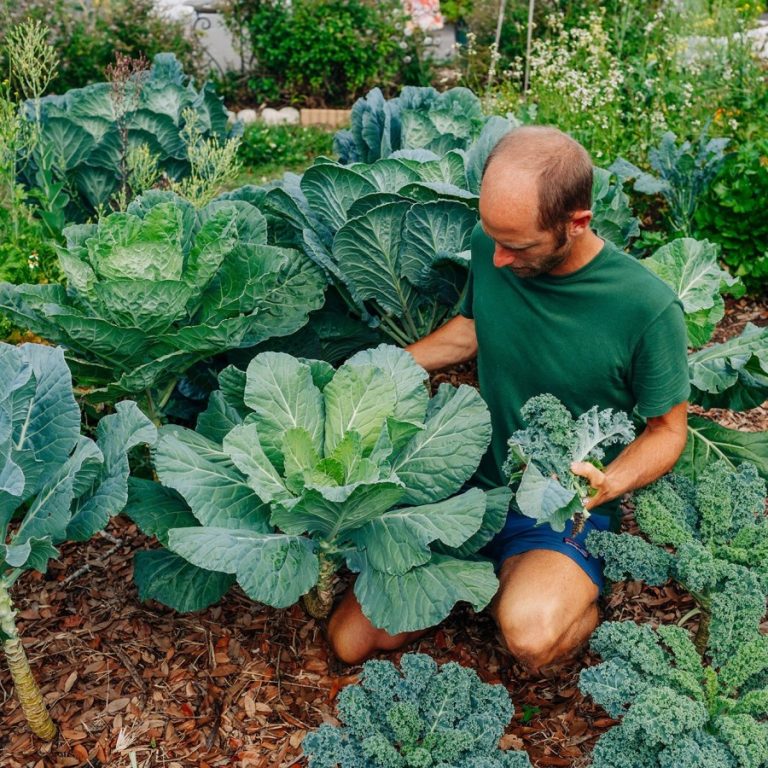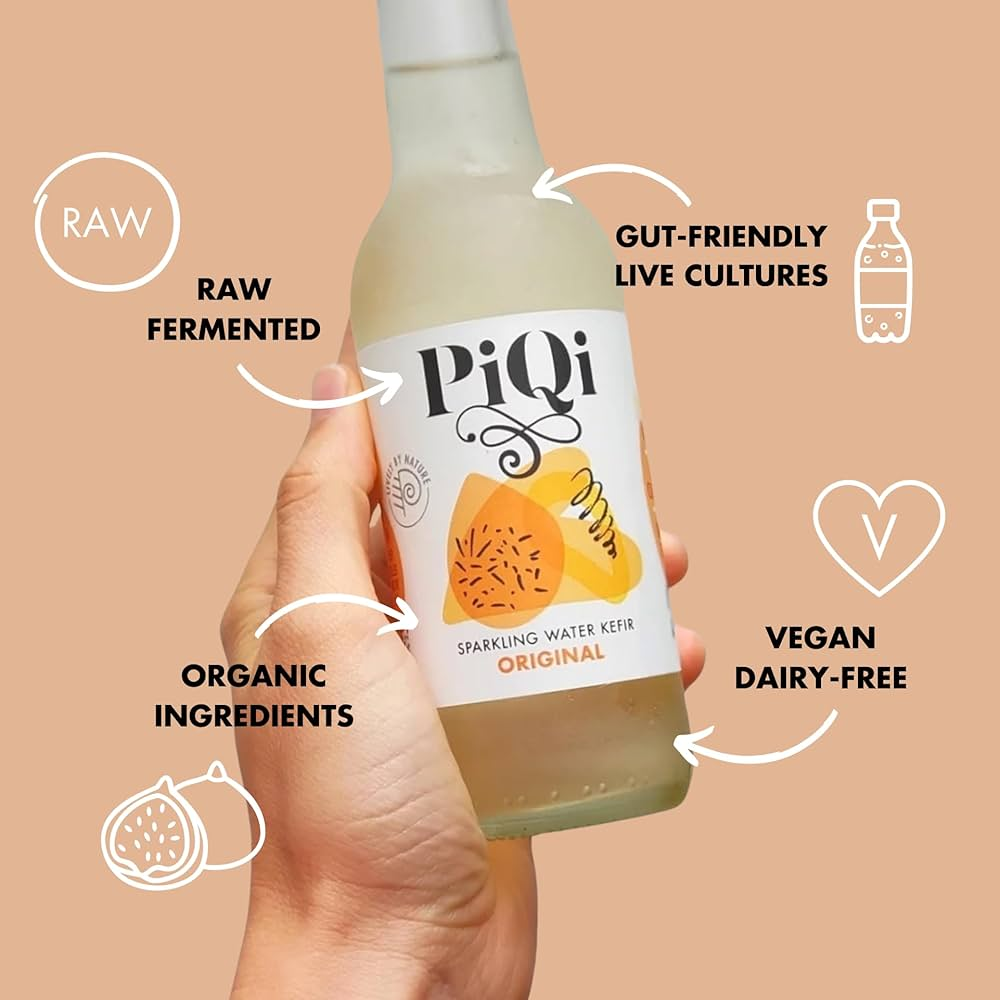
PiQi is a Devon-based brand that makes organic kefirs (with water, rather than goat milk). Kefir is a fermented drink made with organic sugar and kefir culture (a mix of bacteria and yeast that creates a gentle fizz and clean tang, with a dose of natural probiotics). Not dissimilar to kombucha (which is more like a fizzy tea, and contains caffeine).
Avoid kefir for pregnancy/nursing and weak immunity (including children and older people) due to drinks being unpasteurised. Always buy quality kefir drinks, as home brewing could risk bacteria and mould. Leave it to the experts!
These have a shorter shelf life than soft drinks, so keep them in the fridge, and treat as fresh food. The range includes:
- Ginger and Lemon
- Raspberries
- Original Fig (nice with a pear slice)
- Blue Spirulina & Lemon (check medication)
Drink chilled or over ice, or mix with chilled water for a longer drink.
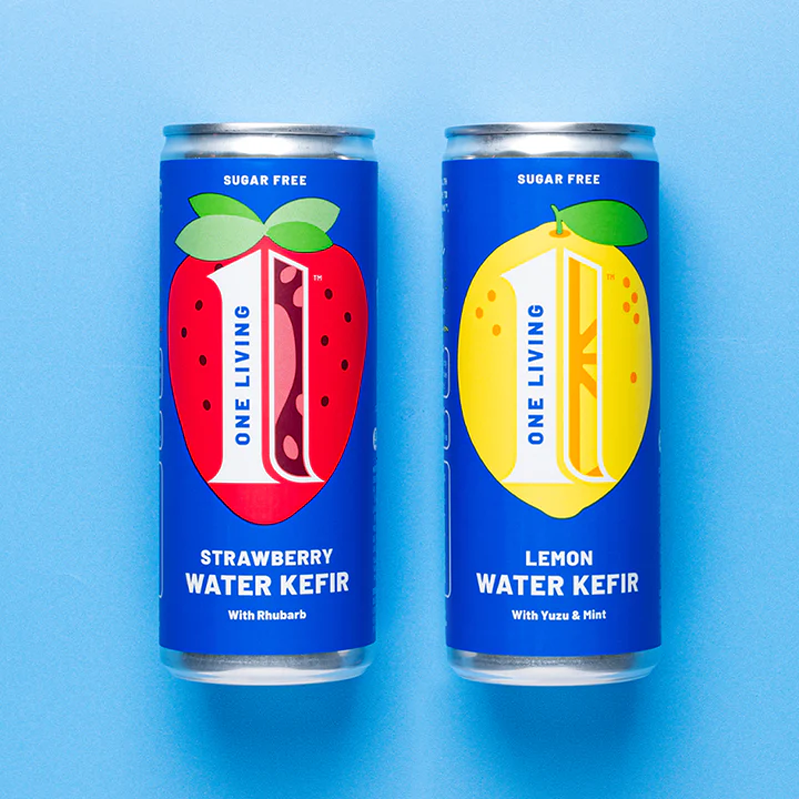
ONE Living (founded by rugby legend Jonny Wilkinson) also offers canned water kefirs. Choose from strawberry or lemon flavours.
Pop ring-pulls back over cans before recycling, to help avoid wildlife getting trapped.
The Gut Benefits of Fermented Plant Foods
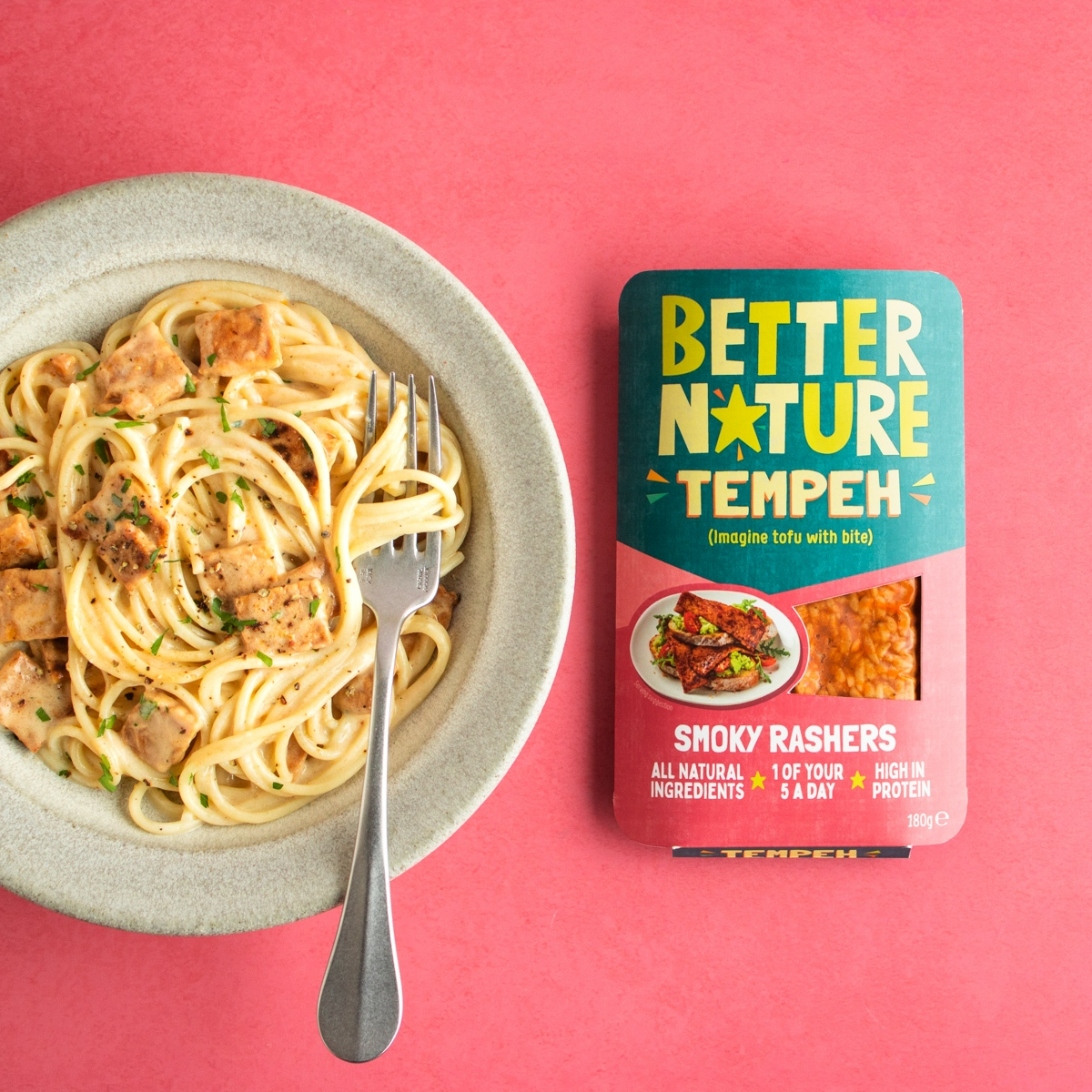
If you suffer from bloating, cramps or irregular bowel movements, fermented foods could help. The most common one of course is live yoghurt (Sojade is a good organic plant-based brand sold in health stores). Other common fermented foods are tempeh, sauerkraut, sourdough bread, miso and kimchi (a lot more spicy!) All help to digest food better.
Most people are fine on fermented foods, but a few people should exercise caution:
- Very young or old people or pregnant/nursing women (never eat unpasteurised cheeses)
- People with poor immunity (or transplant recipients) due to higher risk of infection.
- People with histamine intolerance (fermented foods are high in histamine)
- People on low-salt diets (most fermented foods use salt)
- A few digestion issues (although fermented foods usually help digestion), a few people may get temporary gas and bloating from probiotics).
- People with FODMAP sensitivity (IBS, leaky gut etc). This word stands for Fermentable Oligosaccharides, Disaccharides, Monosaccharides, and Polyols (short-chain carbs that are poorly absorbed by the small intestine, then fermented by bacteria in the large intestine).
Read more on food safety for people and pets (check medication before eating/drinking grapefruit or rhubarb). Just bin allium scraps (onion, leeks, garlic, shallots, chives) along with rhubarb, tomato and citrus scraps, as acids may harm compost creatures.



